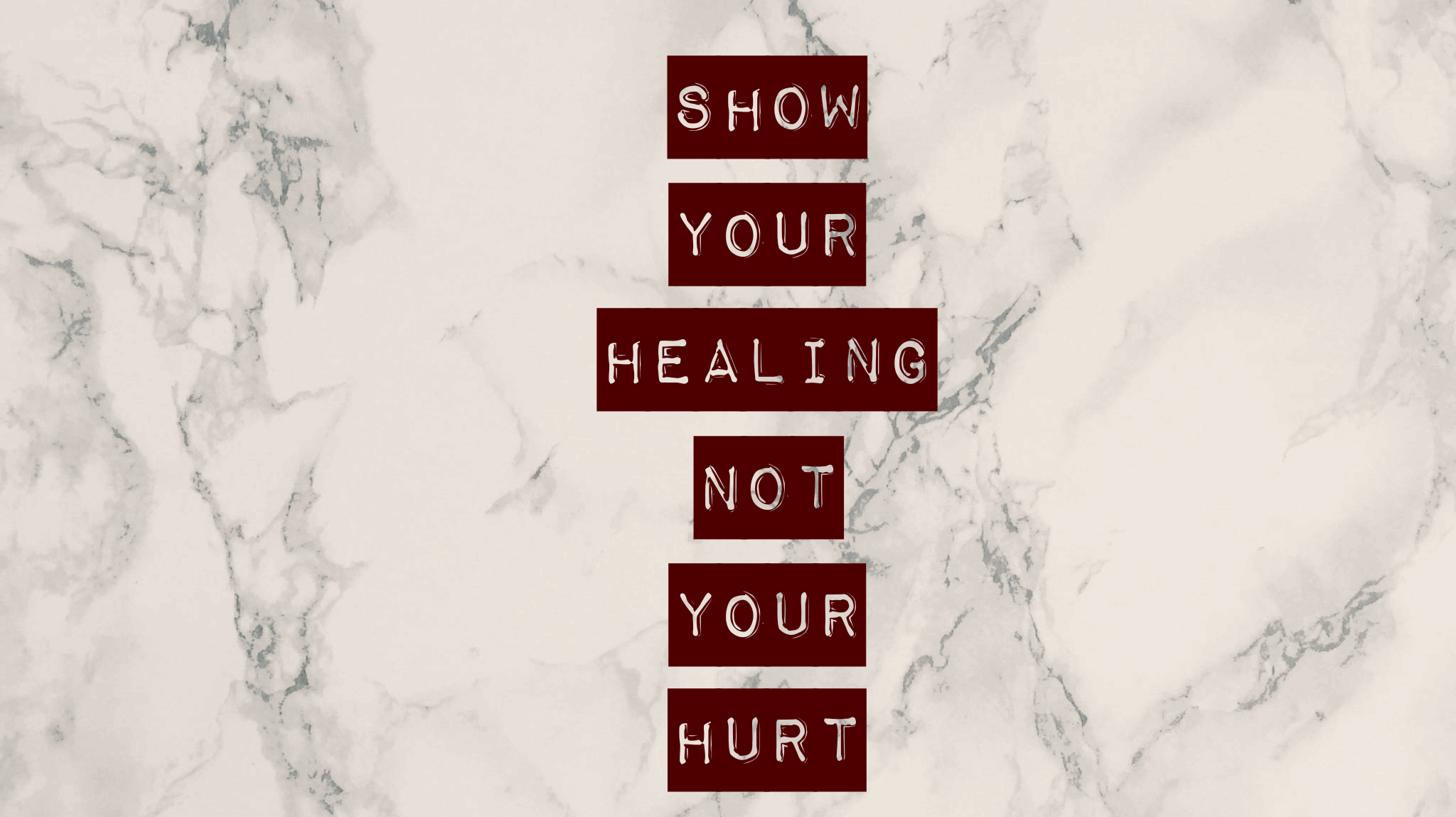We live in a culture that festishizes our wounds. You’ve been hurt? Tell the world. Someone betrayed you? Brandish your victimization.
But we forget that wounds are ugly. We forget that wounds are common, and commonly heal. We forget that an untreated wound will fester and new illness result, as again the Psalms are quick to point out: “My wounds fester and are loathsome because of my sinful folly. I am bowed down and brought very low …” We reopen our wounds again and again and again to validate our suffering; but there’s something off-putting about all this, particularly to starving people, malnourished people, or people who suffer from dehydration, lack of shelter, and insufficient family protection.
There is a difference between a wound and a scar. You can do nothing with a wound but nurse it or aggravate it. But a scar provides additional protection for a sensitive area; scar tissue becomes among the strongest on your body. Scars are proof that we not only endured, but that we’re healthy once more. We’re not as soft as we were, nor as naïve; we’re tougher now, and more convinced that our suffering is not meant to be celebrated, but redeemed.
The church of the future will no longer brandish her hurt, but her healing, offering hope to those still in recovery.
Adapted from Then. Now. Next.: A Biblical vision of the church, the kingdom, and the future.
fossores
Related posts
Categories
Category Cloud
Tag Cloud
Recent Posts
- Victors and Victims November 6, 2018
- 3 Hacks for Happiness October 29, 2018
- Hope Against Death September 20, 2018
- The Shape Of The Cross September 19, 2018


